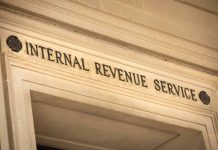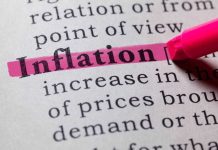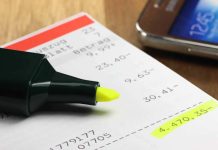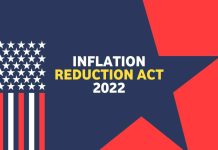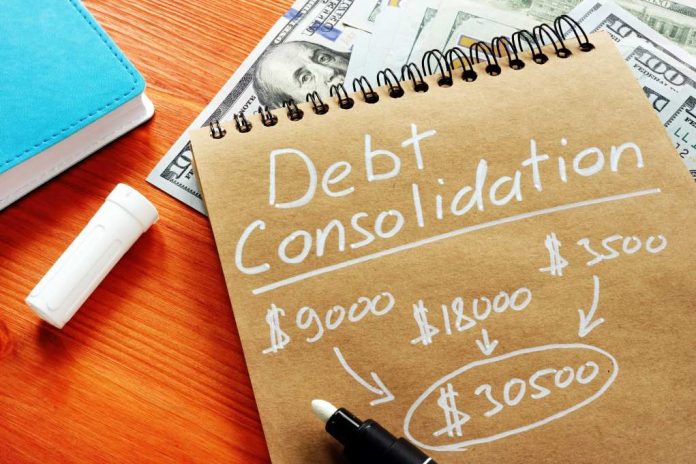
Americans deal with debt all the time. In fact, as of September 2021, consumer debt was at $14.96 trillion which averages out to roughly $92,727 per consumer. When you have multiple sources of debt, it can be difficult to manage. That is why people turn to debt consolidation as a way to make their financial situation more manageable. However, there are some things to know about debt consolidation when considering this decision!
What is Debt Consolidation?
There are different types of debt that you can have (like credit card debt, student loans, a mortgage, etc.). Regardless of the debt, you may find yourself struggling to handle multiple bills. Debt consolidation provides consumers the opportunity to consolidate their debts onto one account that they need to worry about. Debt consolidation can be a great tool in reducing your monthly payments, lowering your interest rate, etc.
Ways to Consolidate Debt
There are two popular ways that people generally consolidate their debt:
- Through a Credit Card
- Through a Debt Consolidation Loan
Through a Credit Card
If you have multiple sources of debt, you can get a 0% interest, balance-transfer credit card. With this type of card, you can transfer your debts over and pay the balance within the promotional period of the card. However, people may experience some difficulty when applying for this card because generally individuals will need a credit score of 690 or above in order to be eligible.
Through a Debt Consolidation Loan
Another popular option that people choose when consolidating their debt is a fixed-rate debt consolidation loan. These loans can repay debts so that you only have to worry about one repayment. You can repay these loans back in installments over a set term with a fixed interest rate. These loans are a great option for people who have a credit score of 689 or below. However, people with better scores will get better interest rates!
Even though these are two popular options when it comes to debt consolidation, that doesn’t mean these are the only choices. Some people consider consolidating their debt with other options like a home equity loan or a 401(k) loan. However, these options come with more risk since either your home or retirement could be in jeopardy if you mishandle the loan. Regardless of what option you pick, the best choice for you will be based on your financial situation.
Should You Consider Debt Consolidation?
Debt consolidation can be a great option for people if done properly. Debt consolidation may be a good option for your financial situation. However, you should speak to a professional before you make any decisions. Generally, people see success from debt consolidation if their:
- Monthly debts are no more than 50% of their monthly total income.
- Credit score is high.
- Income is consistent.
- Consolidation loan can be repaid within 5 years.
Debt consolidation may also be beneficial if these conditions don’t apply, but those who did meet the conditions above saw more success in their debt consolidation journey.
Let’s look at an example of how debt consolidation may be able to help. Let’s say that you have 3 different credit cards that each have an interest rate that is higher than 17%. If you are eligible, you may qualify for a debt consolidation loan with a fixed-rate of 8%. In this instance, a debt consolidation loan could benefit you in many ways!
When to Hold Off on Debt Consolidation
Unfortunately, debt consolidation may not be a great option for everyone. That is why it is important to speak to a professional to see if this is an option you’d want to consider. People also may see that debt consolidation isn’t worth it if they:
- Are currently overwhelmed by debt and can’t even afford reduced payments.
- Have a small debt that is manageable without debt consolidation.
- Have bad habits that will result in more debt like excessive spending.
Alternatives to Debt Consolidation
If you feel like debt consolidation may not be a good fit there are other options you can try:
- The Debt Snowball Plan
- The Debt Avalanche Plan
- Bankruptcy
The Debt Snowball Plan
Even if debt consolidation may not be a good option for your debt situation, there may be other ways to tackle it! The debt snowball plan could be a way that you can start paying down your debt. You would start with your smallest debts first (in full). From there you can begin tackling more expensive debts. When the smaller debts are paid off, these can be viewed as little victories that can keep you engaged during the debt repayment process.
The Debt Avalanche Plan
This plan is different from the debt snowball plan. Instead of handling your smaller debts first, you will start working on the ones with the highest interest rates when you choose a debt avalanche plan. People that like this plan usually tend to be analytical and patient since this plan generally doesn’t show off small victories like the debt snowball plan does.
Bankruptcy
There are different kinds of bankruptcy referred to as chapters. The most popular chapter of bankruptcy is Chapter 7 liquidation. This chapter can get rid of most credit card debt, unsecured personal loan debt, and medical debt. This option can usually be done between three to four months. However, filing for bankruptcy can be a complex and lengthy process that can lead to some repercussions for your finances. That’s why you should talk to a bankruptcy attorney when considering this debt relief option.
Commonly Asked Questions
Debt consolidation can be confusing to deal with, especially if this is your first time. There may be some questions you have!
How Much Should You Borrow for a Debt Consolidation Loan?
If you are interested in getting a debt consolidation loan then you need to figure out how much you want to borrow. The amount you borrow depends on your debts and current finances. While talking to a loan specialist can help, you can also prepare yourself before speaking to one! You can review free tools online like a debt consolidation calculator. Tools like this can help you have the right questions when you speak to a professional.
What Documents Should You Prepare for a Debt Consolidation Loan?
Every financial institution is different. That is why the documentation that you will need to provide may vary depending on where you go. However, you can generally expect that you should have:
- Proof of Income
- Credit History Information
- Equity Verification
- Proof of Identity
Overall
Debt consolidation is a great option to consider when trying to make your debts more manageable. However, they may not be good for everyone to use. Your financial situation may require a different method to handle your debt. Before you make any decisions you should talk to a professional to make sure you handle your debt in the best way that you can. Take your time, and you may be happy to find out that your situation isn’t as stressful as you think.






